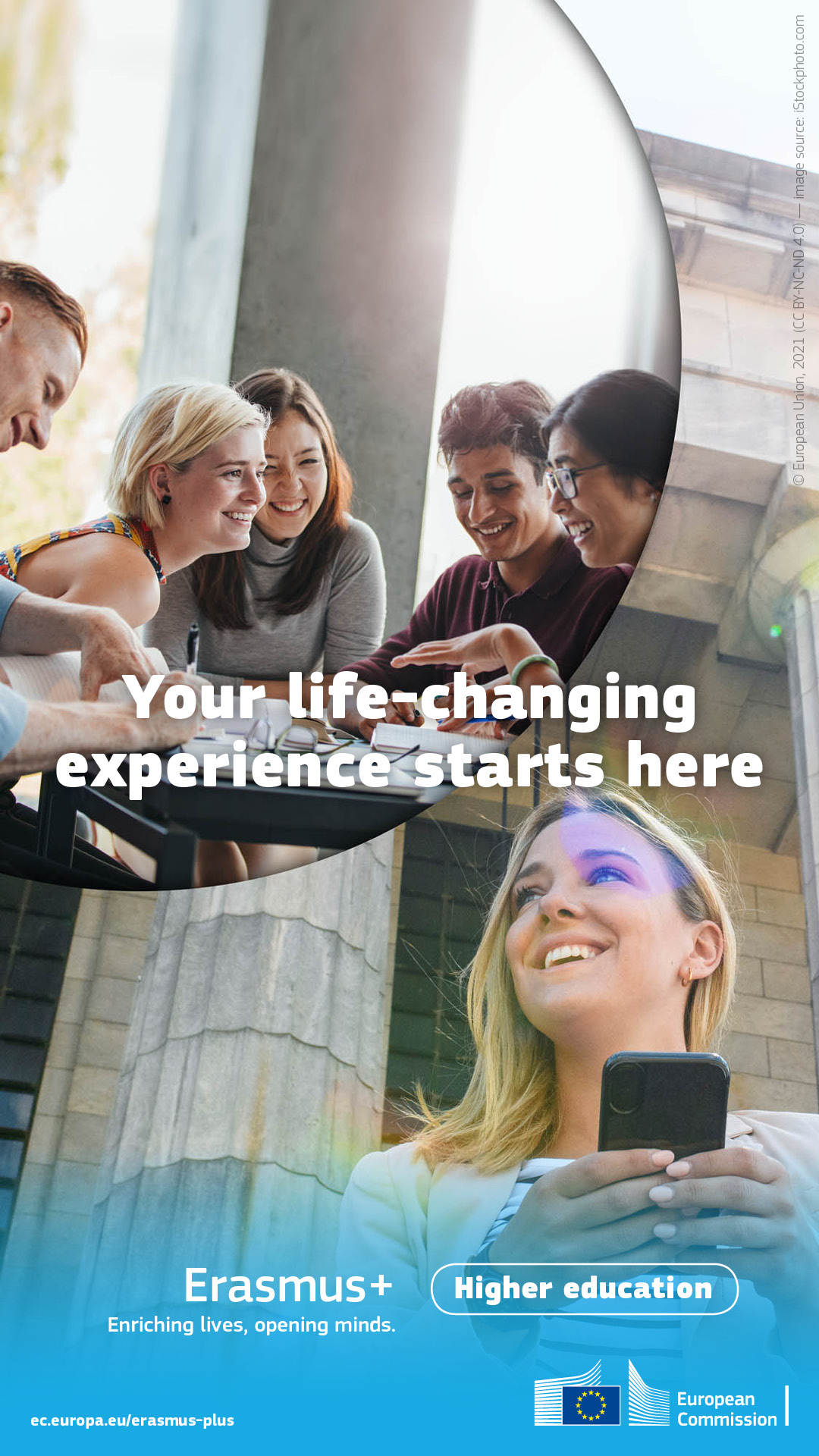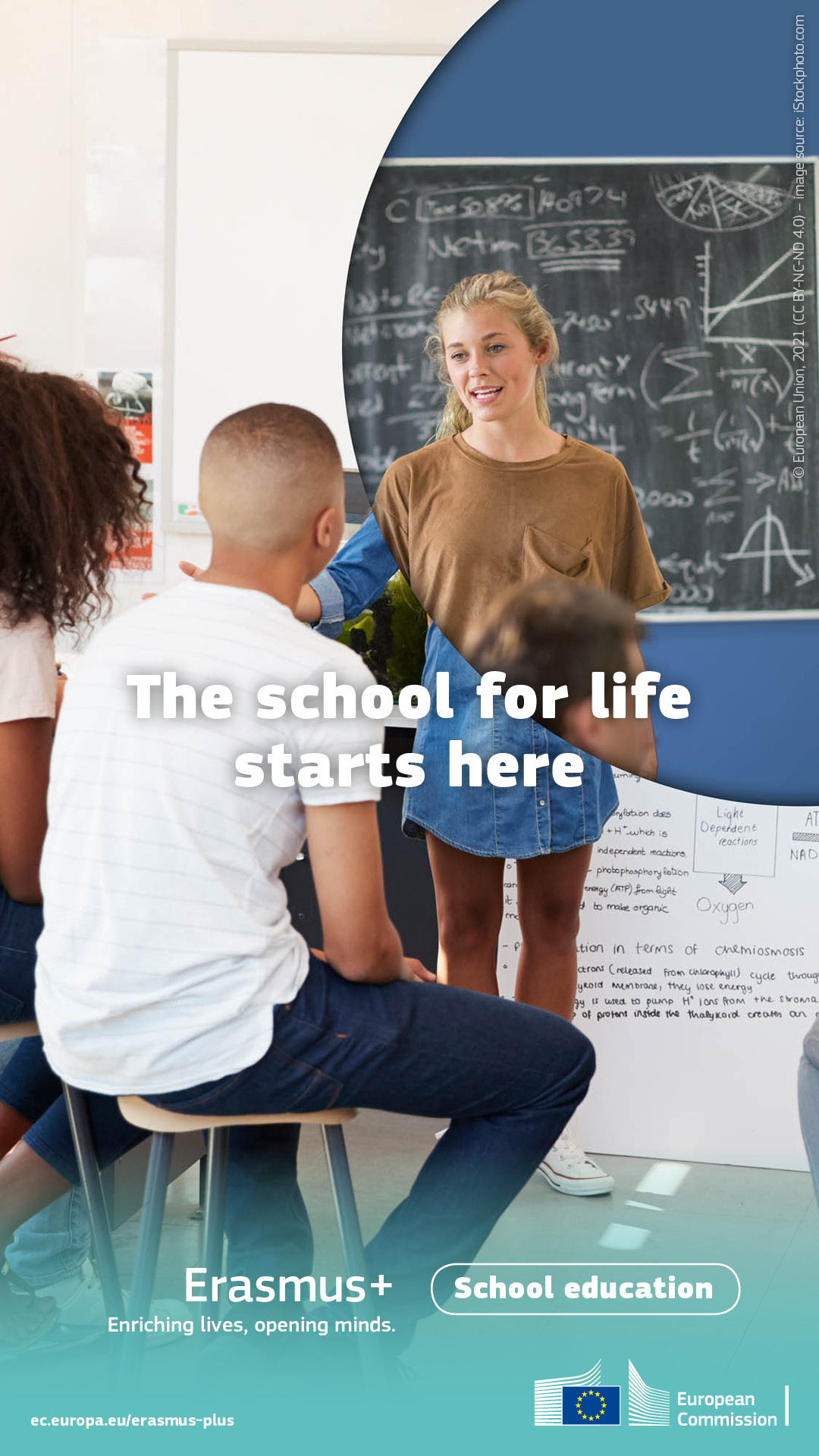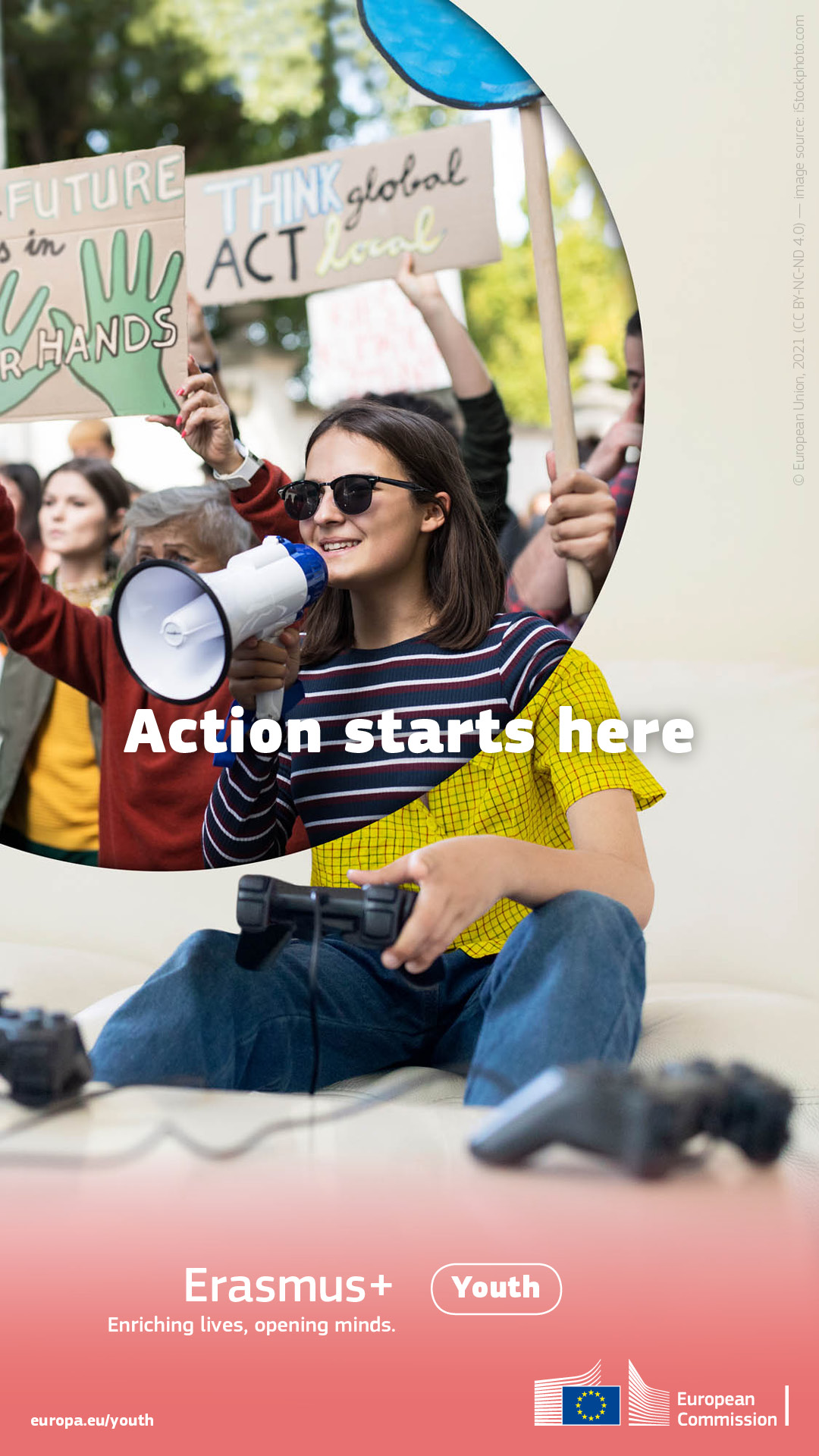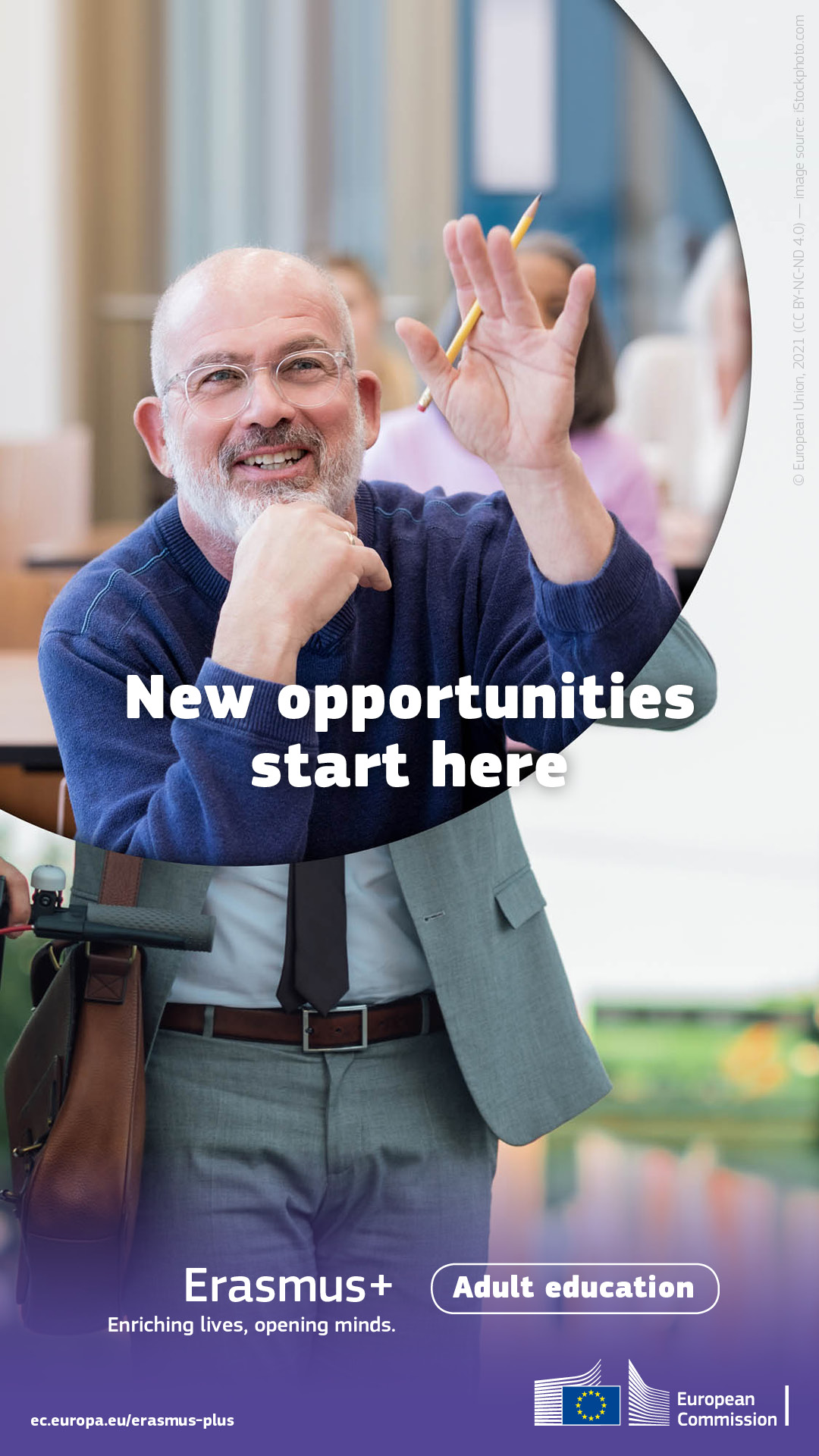ПАРТНЕРСТВА ЗА СОРАБОТКА KA2
Aкцијата им овозможува на организациите да стекнат искуство со меѓународна соработка, да ги зајакнат своите капацитети, но и да произведуваат висококвалитетни иновативни производи. Во зависност од целите на проектот, вклучените организации кои учествуваат, или очекуваното влијание, меѓу другите елементи, може да ги направи Партнерствата за соработка да бидат со различна големина и обем. Квалитативната проценка на овие проекти ќе биде пропорционален со целите на соработката и природата на вклучените организации.
Акцијата понудува два вида партнерства:
ПАРТНЕРСТВА ЗА СОРАБОТКА
Примарната цел на партнерствата за соработка е да им се овозможи на организациите да го зголемат квалитетот и релевантноста на нивните активности, да ги развиваат и зајакнат своите мрежи на партнери, да ги зголемат своите капацитети за заедничко работење на транснационално ниво, зајакнување на интернационализацијата на нивните активности преку размена или развој на нови практики и методи, како и споделување и соочување со идеи. Тие имаат за цел да го поддржат развојот, трансферот и/или спроведувањето на иновативни практики, како и имплементација на заеднички иницијативи за промовирање на соработка, учење и размена на искуства на европско ниво. Резултатите треба да бидат повторно употребливи, преносливи, размерливи и доколку е можно, да имаат силна трансдисциплинарна димензија. Од избраните проекти се очекува да ги споделат резултатите од нивните активности на локално, регионално, национално и транснационално ниво. Партнерствата за соработка се прилагодени на приоритетите и рамките на политиките на секој сектор Еразмус +, како на европско, така и на национално ниво, додека имаат за цел да создадат стимулации за меѓусекторска и хоризонтална соработка во тематски области.
ЦЕЛИ НА АКЦИЈАТА
Партнерствата за соработка имаат за цел:
- Зголемување на квалитетот на работата, активностите и практиките на вклучените организации и институции
- Градење на капацитет на организациите;
- Решавање на заедничките потреби и приоритети во областа на образованието, обуката, младите и спортот;
- Овозможување трансформација и промена, што доведува до подобрувања и нови пристапи, пропорционално на контекстот на секоја организација.
ПАРТНЕРСТВА ОД МАЛ ОБЕМ
Партнерствата од мал обем се дизајнирани да го прошират пристапот до програмата за актери и поединци од мали размери, кои се тешко достапни, во областите на училишното образование, образованието за возрасни, стручното образование и обука, младите и спортот. Со помали износи на грантови доделени на организации, пократко траење и поедноставни административни барања во споредба со Партнерствата за соработка, оваа акција има за цел да допре до организациите кои се помалку искусни воедно и нови корисници во Програмата, намалувајќи ги бариерите за влез во програмата за организации со помал организациски капацитет. Оваа акција, исто така, ќе поддржи флексибилни формати - хибридни активности со транснационален и национален карактер, дозволувајќи им на организациите да имаат повеќе средства за да допрат до луѓето со помали можности. Партнерствата од мал обем, исто така, можат да придонесат за создавање и развој на транснационални мрежи и за поттикнување на синергија со и помеѓу локални, регионални, национални и меѓународни политики.





The aim is to support the higher education sector to become even more connected, more innovative, more inclusive, and digital. To this end, the Programme will encourage much deeper and interdisciplinary collaboration between higher education institutions, as well as their innovative ecosystems, and strengthen links between education, research, and innovation. Particular focus will be placed on strengthening inclusion, mobility, digitalization, lifelong learning, quality assurance, and automatic recognition. The main goal is to accelerate the transformation of higher education throughout Europe and to train future generations to create knowledge for a resilient, inclusive, and sustainable society.
Promoting interconnected higher education systems:
The Programme will aim to strengthen the strategic and structured cooperation between higher education institutions through:
a) support for the development and testing of various types of collaboration models, including virtual and hybrid collaboration, the use of various digital tools and online platforms;
b) improving mobility by implementing automatic mutual recognition of qualifications and learning outcomes by incorporating mobility into the curriculum;
c) support for higher education institutions to implement the Bologna Principles and tools to strengthen mobility for all.
Stimulating innovative learning and teaching practices:
To address societal challenges by supporting:
a) development of learning outcomes and student-centered curricula that better meet students' learning needs and reduce skills mismatches that are relevant to the labor market and society at large;
b) development, testing, and implementation of flexible learning pathways and modular course design (part-time, online, or hybrid) and appropriate forms of assessment, including the development of online assessment;
c) promoting the lifelong learning dimension of higher education, including by facilitating the undertaking, validation, and recognition of short-term courses leading to micro-qualifications;
d) implementation of trans-disciplinary approaches and innovative pedagogies such as inverted learning, collaborative international learning through the Internet, and research-based learning;
e) inclusion of sustainable development in all curricula for students in all disciplines and at all levels.
Development of STEM / STEAM in higher education, especially the participation of women in STEM:
This priority supports the development and implementation of STEM higher education curricula appropriate to the purpose, following the STEAM approach; promoting women's participation in STEM fields of study and especially in engineering, ICT, and advanced digital skills; developing guidance and mentoring programmes for students, especially girls and women, to pursue STEM and ICT areas of study and occupation; encouraging gender-sensitive practice and training in STEM education; elimination of gender stereotypes in STEM.
Rewarding excellence in learning, teaching, and skills development through:
a) development and implementation of strategies and quality culture for rewarding and stimulating excellence in teaching, including online teaching and teaching for disadvantaged students;
b) training academics in innovative and/or online pedagogies, including trans-disciplinary approaches, new curriculum design, delivery methods, and assessment linking education to research and innovation where relevant;
c) encouraging an entrepreneurial, open, and innovative sector for higher education 170, by promoting learning and teaching partnerships with commercial and non-commercial organizations in the private sector;
d) development of new practices in teaching design, based on educational research and creativity.
Building inclusive higher education systems:
The Programme will encourage inclusive approaches to mobility and collaborative activities such as:
a) increased access, participation, and completion of the goals of the target groups with fewer opportunities;
b) active support of participants in mobile telephony who come through the whole process of finding accommodation, including through cooperation with relevant stakeholders to provide adequate and affordable housing;
c) supporting the development of flexible career paths between education and research;
d) fostering gender balance in higher education institutions, across areas of study, and in leadership positions;
e) encouraging civic engagement by promoting non-formal learning and additional teaching activities and recognizing voluntary work and community work in students' academic performance.
Supporting the digital capabilities of the higher education sector through:
a) actions enabling the implementation of the European Student Card Initiative through the secure electronic transmission of student data between higher education institutions, in full respect of personal data protection and linking where possible with the new Europass;
b) development of digital skills and competencies of students and employees.
